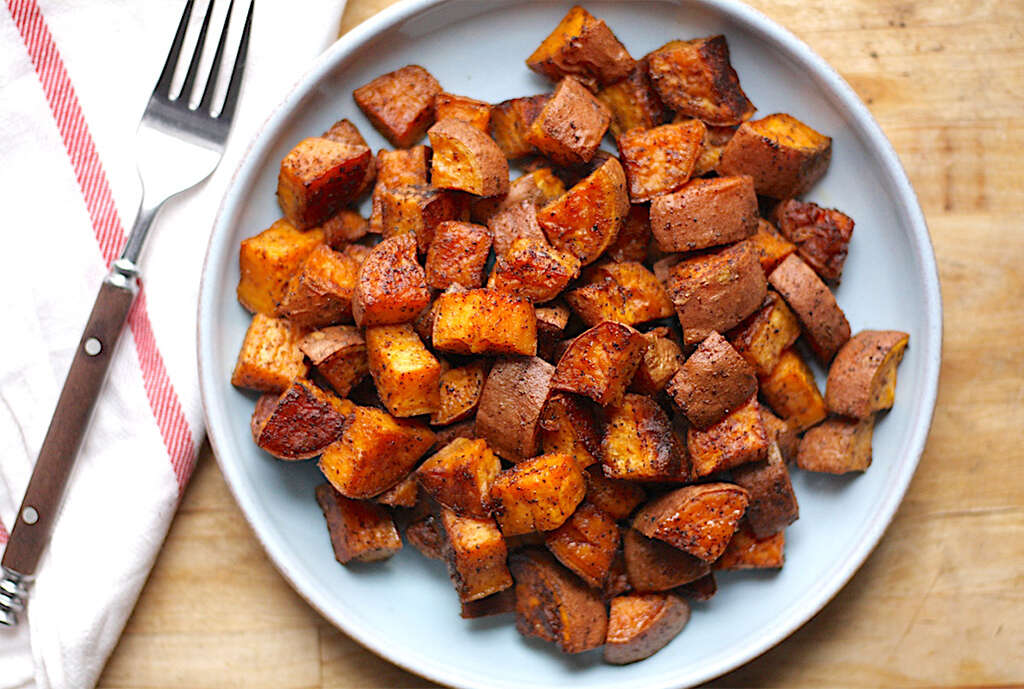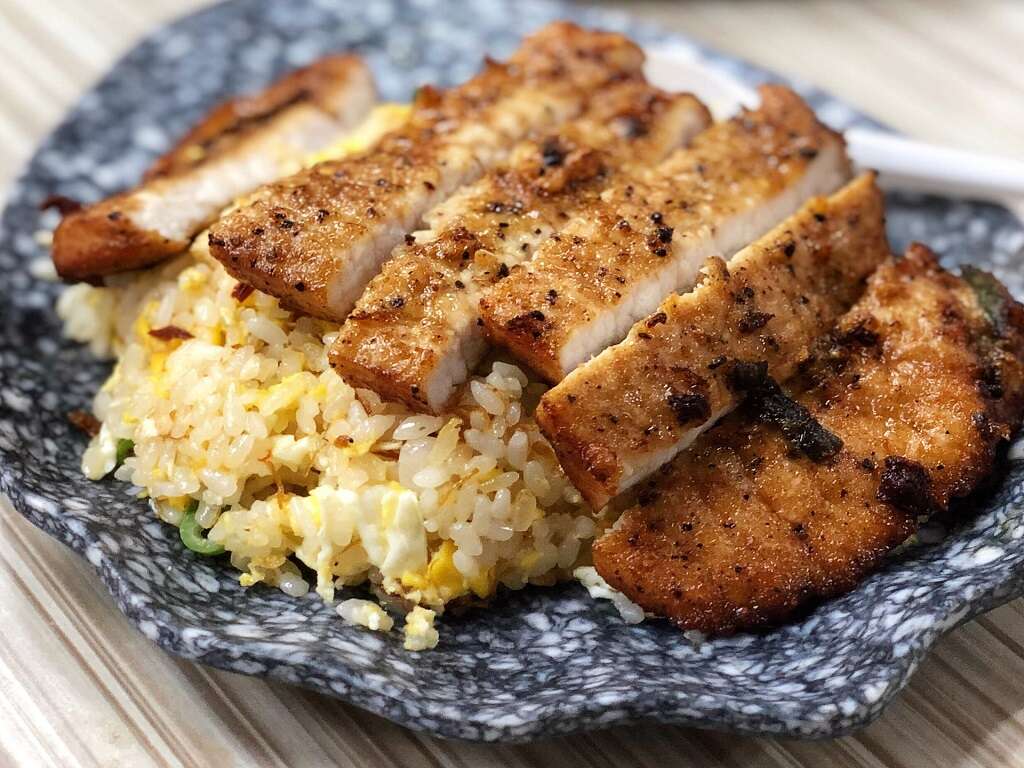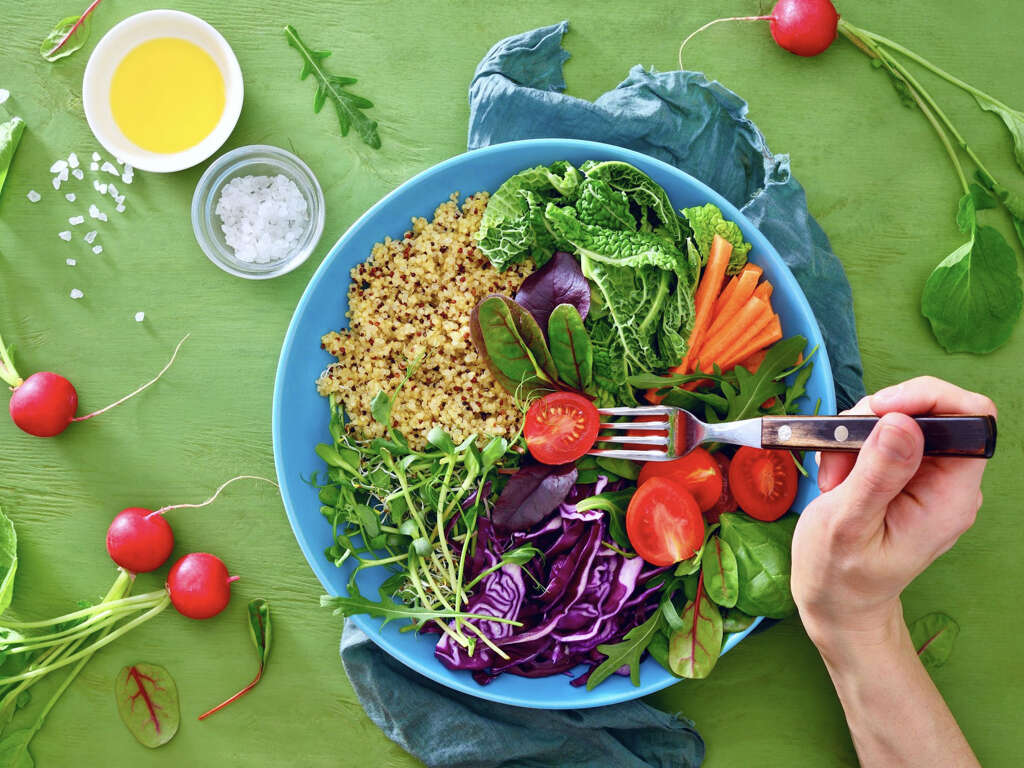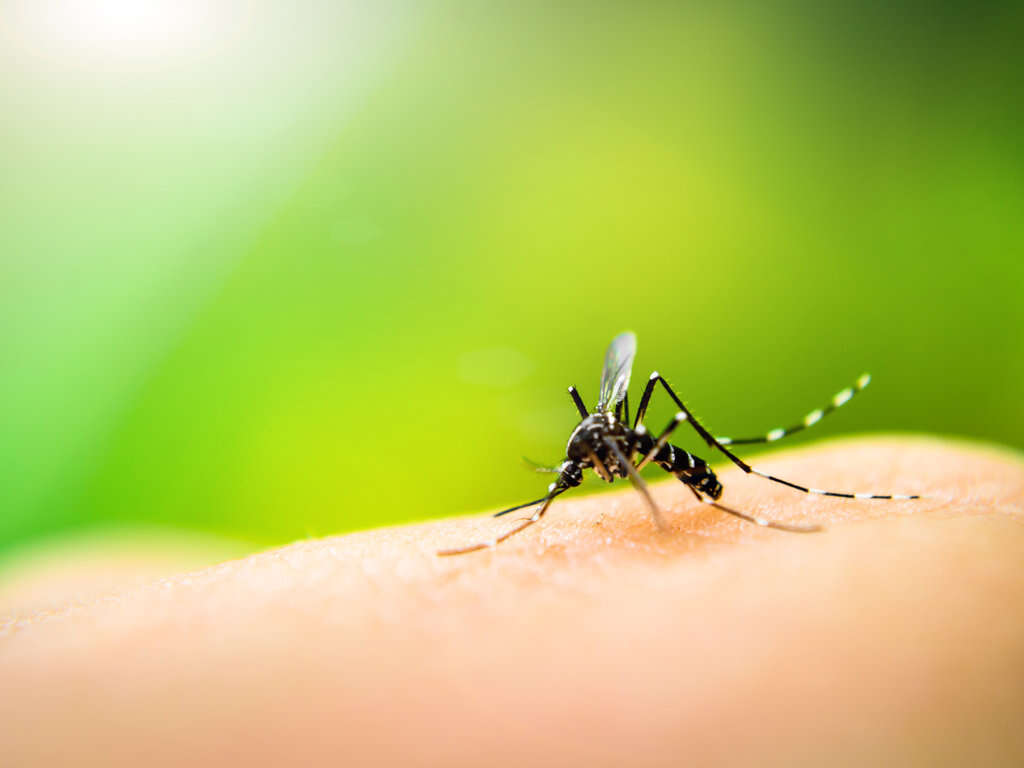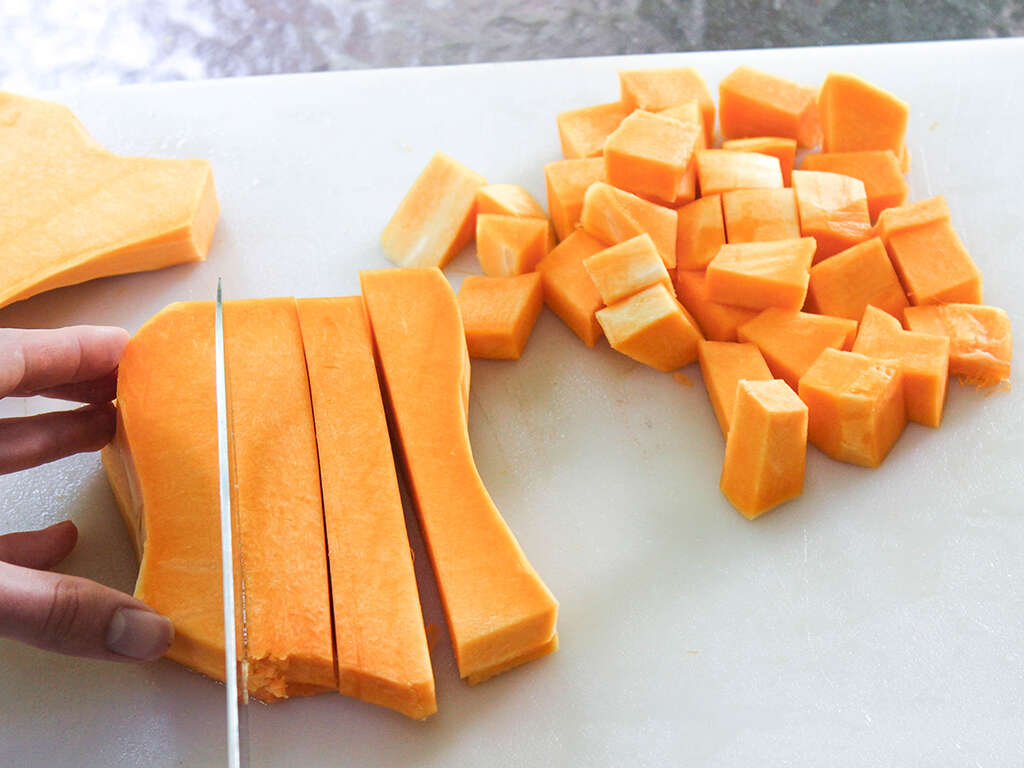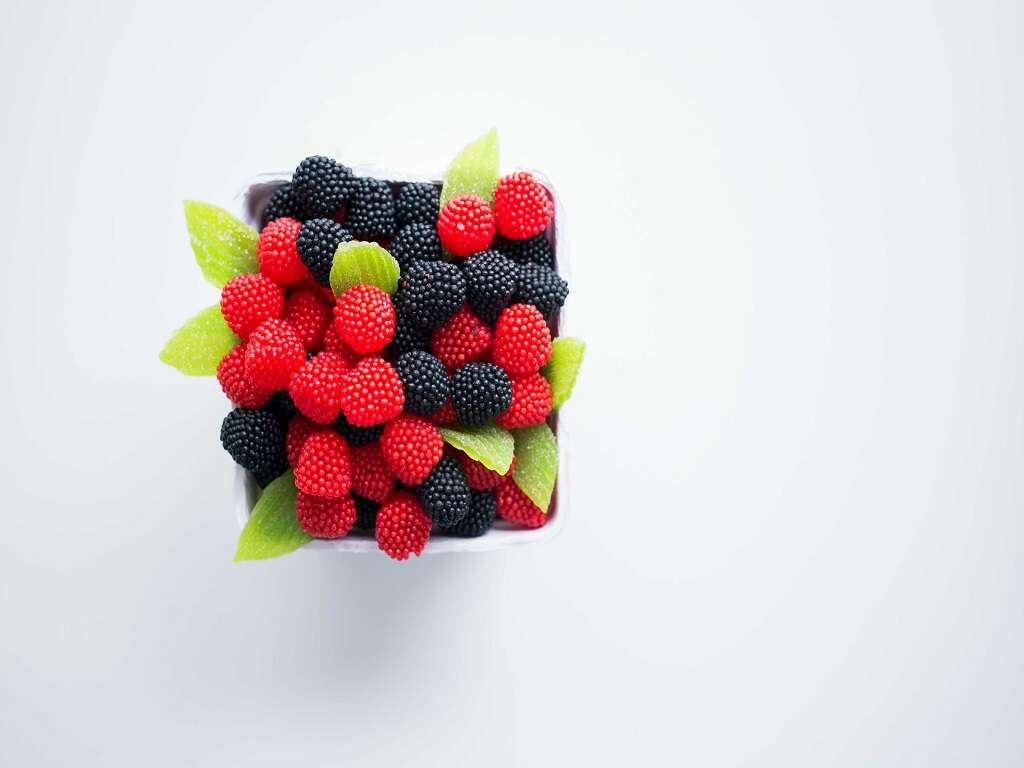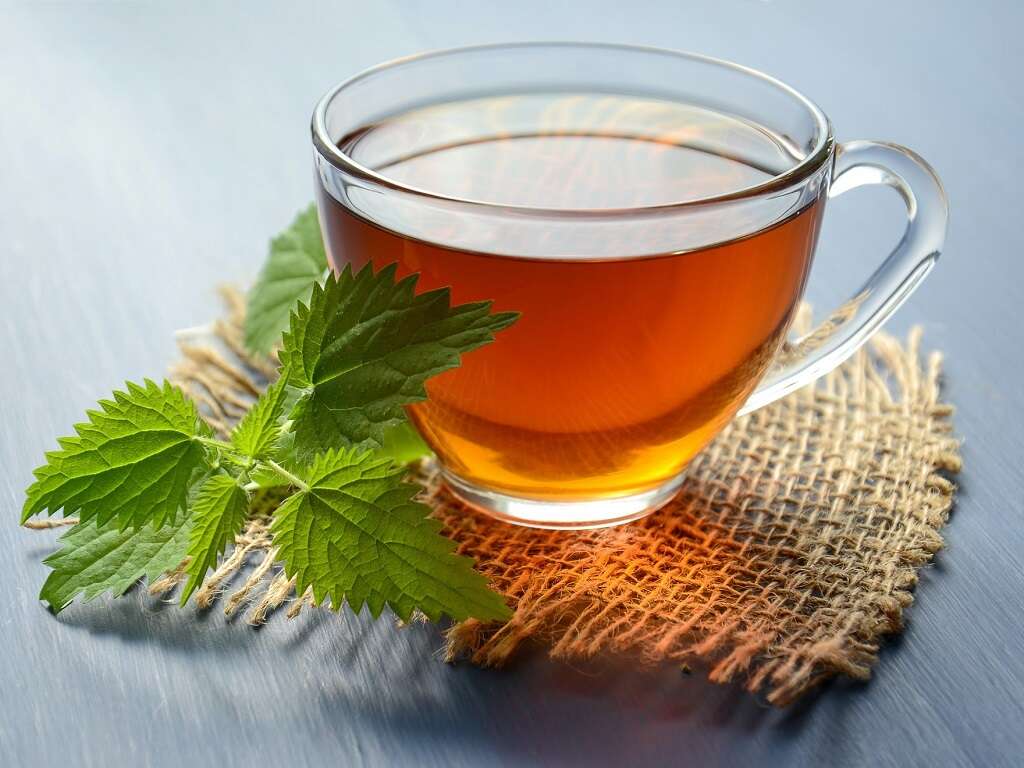10 Alkaline Diet Foods
The alkaline diet has gained much popularity in recent years. Endorsement by celebrities like Jennifer Aniston has certainly improved the surge of popularity. One of the main claims that people attribute to the alkaline diet is that you can reduce the chances of developing diseases like cancer by increasing alkalinity or reducing the acidity of your body. They suggest that people generally eat far too many acidic foods, and that the best way to combat this acidity is by eating lots of alkaline foods.
The reality is that the best way to balance your pH level is to stop eating unnecessarily acidic foods like soda and sugar. However, that’s not practical for everyone. Your body attempts to maintain its pH balance at a very specific level. Eating a lot of acidic foods in the long-term can certainly offset this balance, and it can be a good idea to introduce more alkaline foods into your diet to help maintain a normal balance. However, eating a diet of only alkaline foods can be dangerous.
That said, some alkaline foods are great for you and can be part of a nutritional plan that can keep your body’s pH level at the right level. Here are some of the healthiest alkaline foods that you can find.
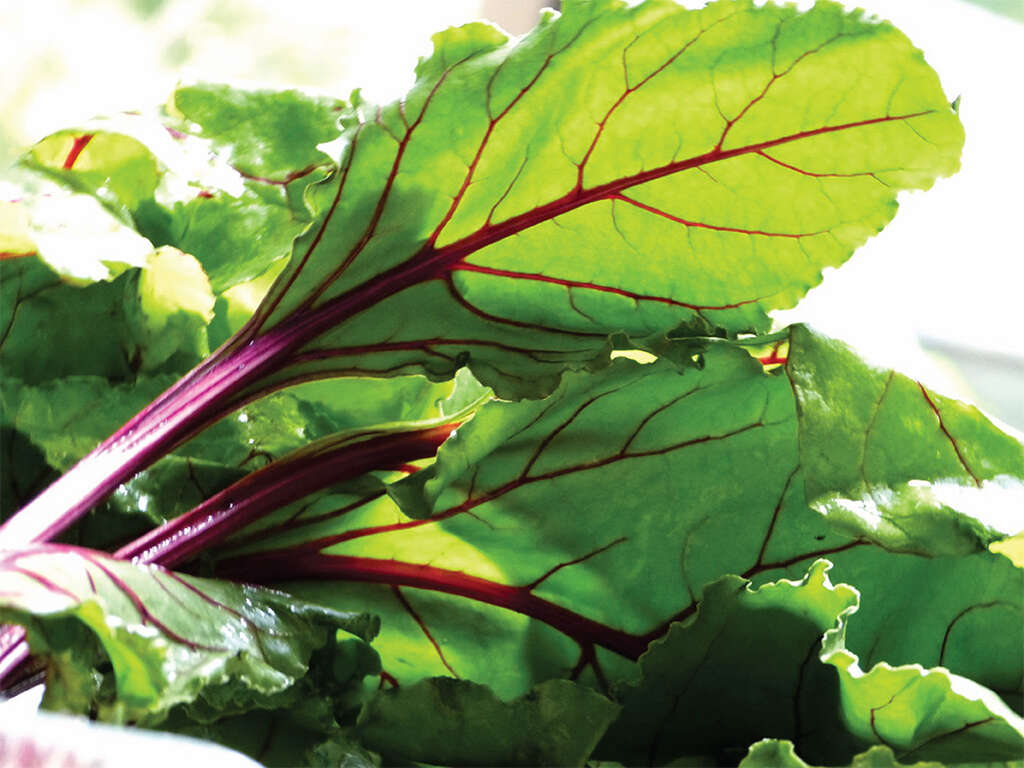
Alkaline Diet Food #1: Avocado
Not only are avocados one of the most delicious fruits (yes, they’re fruits for those who weren’t aware!), but avocados are quite alkaline and loaded with beneficial nutrients. An avocado will give you a hefty dose of potassium, copper, B vitamins, vitamin C, vitamin E, and vitamin K.
Avocados are also a great source of omega-3 fatty acids and are considered one of the best vegetarian sources of these essential nutrients. Omega-3 fatty acids keep your heart, brain, and blood system healthy and functional.
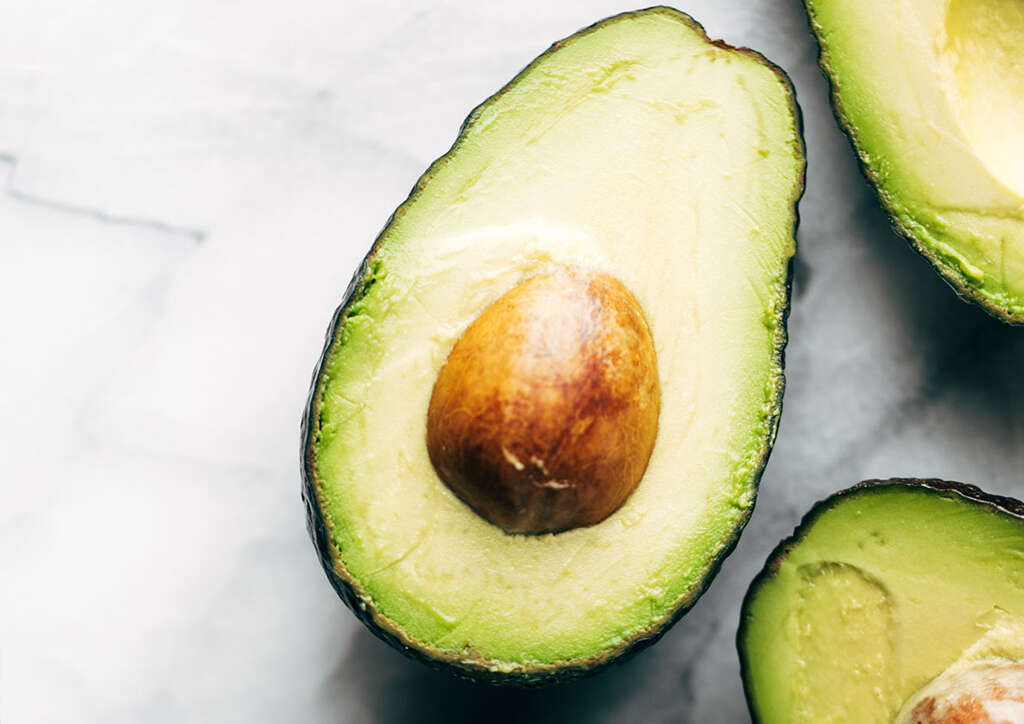
Alkaline Diet Food #2: Broccoli
Broccoli is well established as one of the healthiest foods on the planet, and it’s a good plan to include lots of broccoli in any alkaline diet. Broccoli is loaded with essential vitamins and minerals such as various B vitamins, potassium, phosphorus, and selenium.
Broccoli is more alkaline when consumed raw, but keep in mind that it requires a bit more effort for your body to digest raw vegetables. Eat them sparingly if they are raw and cook them lightly to minimize the damage to alkalinity.
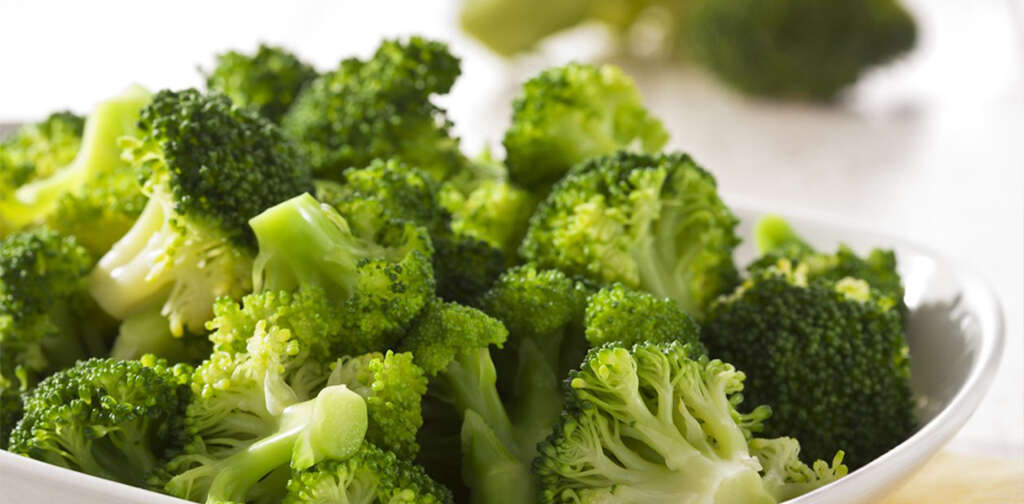
Alkaline Diet Food #3: Celery
Celery, despite being mostly water by weight, is a good source of quite a few nutrients in addition to being highly alkaline. Celery provides some vitamin B6, vitamin C, and folate, and some of the phytonutrients found in the plant function as antioxidants and are anti-inflammatory.
The high amount of water found in celery means that it’s also good to include in your diet if you forget to drink a lot of water. It won’t hydrate you on its own, but it can prevent you from becoming dehydrated.
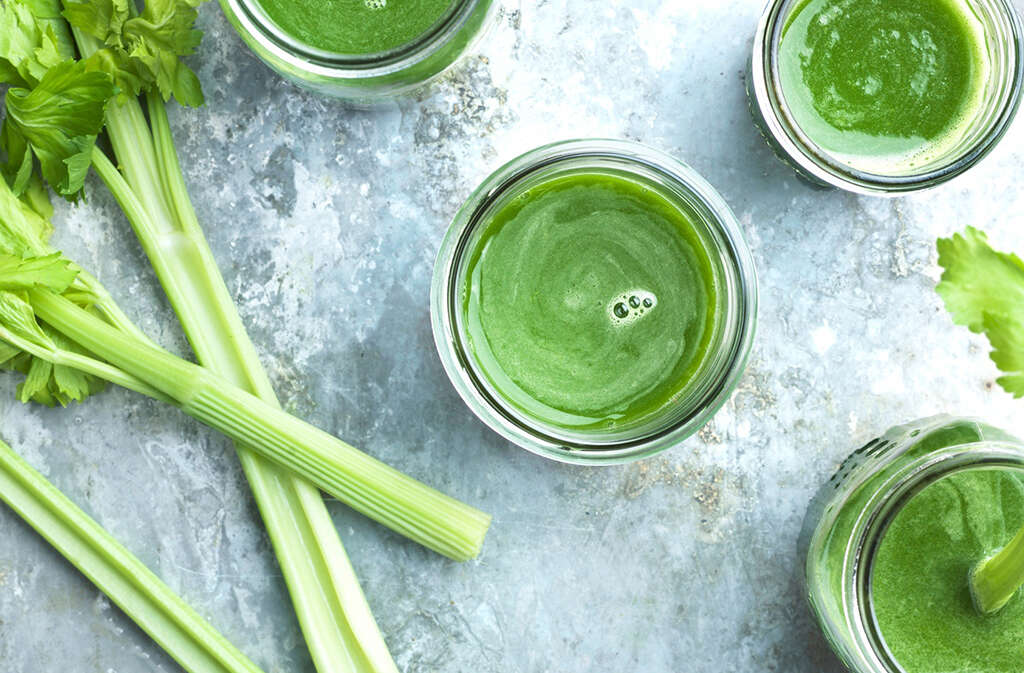
Alkaline Diet Food #4: Cucumbers
Cucumbers are cool and refreshing, largely made of water, and are also quite alkaline.
Just like celery, cucumbers can help keep you hydrated. They also contain a number of nutrients that are useful to help detoxify the body. Including these in your diet on a regular basis is a great way to make sure you can maintain your alkalinity and stay hydrated.
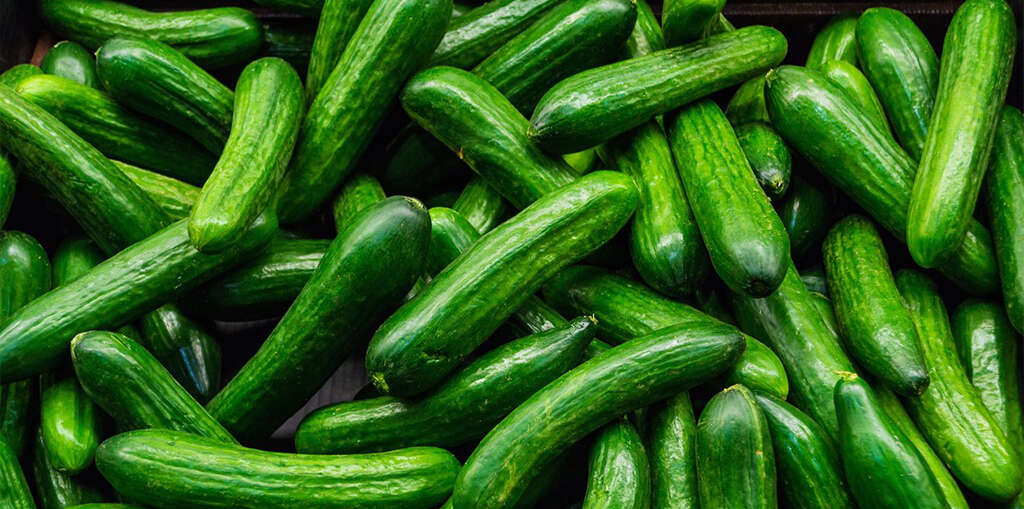
Alkaline Diet Food #5: Peppers
Peppers aren’t just alkaline. They can provide the body with a lot of health benefits, thanks to their impressive range of nutrients.
Peppers are good sources of vitamin C and vitamin A. They also provide us with a lot of fiber and antioxidants. Bell peppers, whether they are red, green, or orange, are all actually the same fruit at different stages of ripening. They will all provide you with numerous health benefits.
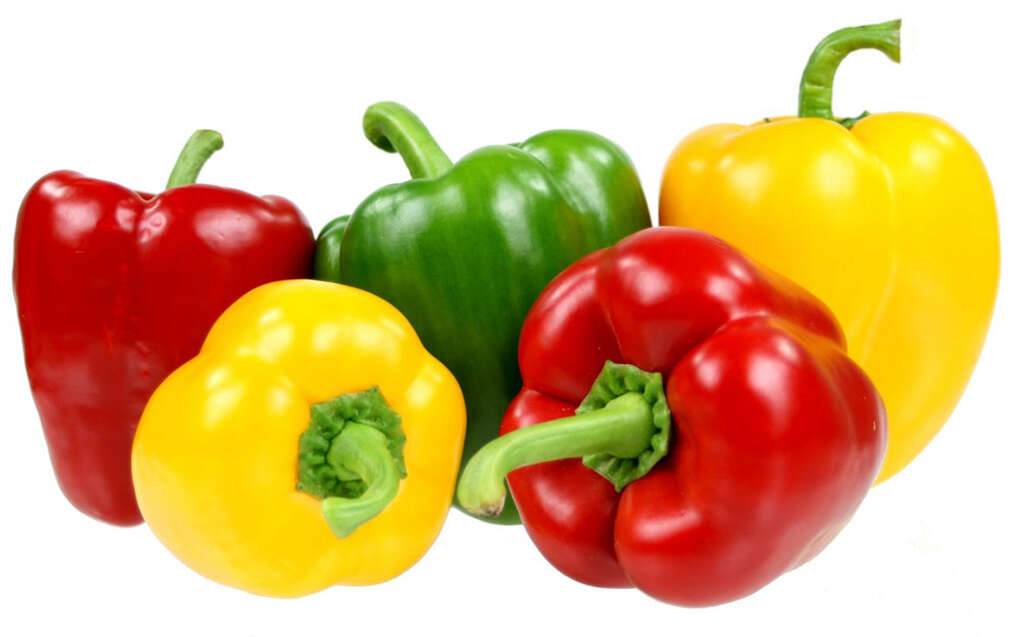
Alkaline Diet Food #6: Spinach
Spinach is great for pretty much everyone, period. It’s one of, if not the best vegetable sources of iron. It contains a host of other nutrients like manganese and folate.
Spinach also contains a lot of chlorophyll, which helps to improve its alkalinity. For anyone who is hoping to enhance the alkalinity of their diet, spinach is a great choice. Even for those who aren’t, spinach is still a great choice.
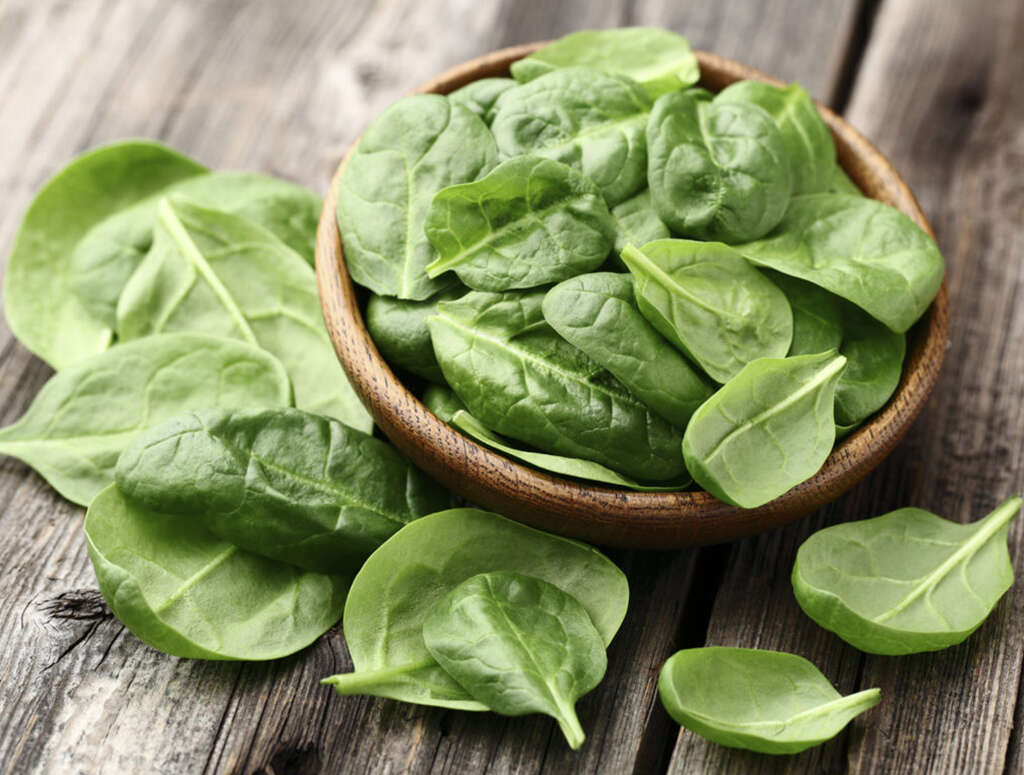
Alkaline Diet Food #7: Beet Greens
Beet greens – the leafy part that you find at the top of bunches of beets –are, at present, considered the most alkaline vegetable food you can get. They might not be the most popular greens, but they’re certainly powerful in terms of alkalinity.
You can add beet greens to stir fries or smoothies. They will provide a deep, earthy flavor and a wide variety of nutrients comparable to those of the beet itself.

Alkaline Diet Food #8: Kale
You might have noticed a trend: leafy green vegetables are generally considered quite alkaline. Spinach and beet greens take the cake, but kale is also quite alkaline and makes a great addition to the alkaline diet or the diet of anyone who wants to be happy and healthy.
Kale provides a hefty dose of iron, calcium, and vitamin K. These nutrients work together to help maintain the health of your bones and muscles, as well as preventing disease.
Kale is known to be one of the staples for many vegetarian diets because of its nutritional density. It can be great to help you maintain your overall health.
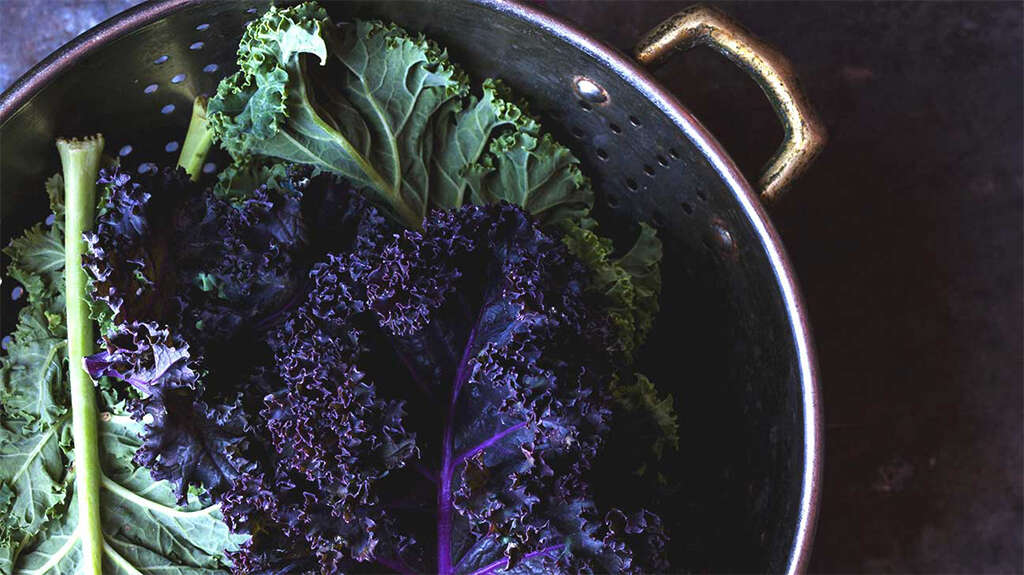
Alkaline Diet Food #9: Bananas
Sweet, creamy, and alkaline, bananas are most often known for their high amount of potassium. They are one of the main reasons that potassium deficiency isn’t as common as it could be.
Bananas are also good sources of fiber, can help keep you regular, and can help ensure the proper removal of body toxins. Bananas are high in sugar, but it’s a healthy fruit-based sugar that your body can process easily, given that you’re not eating a dozen bananas in a single sitting.
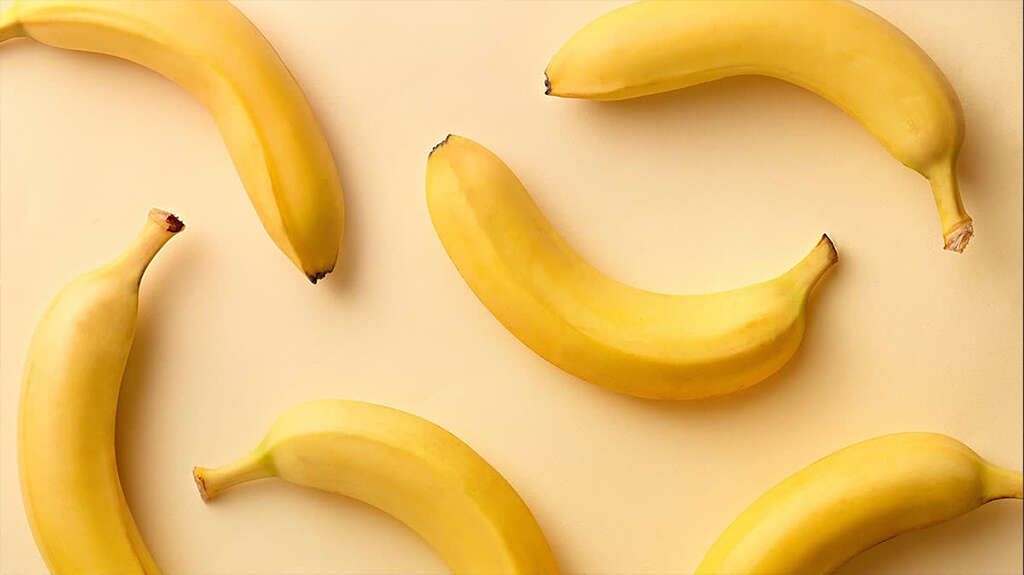
Alkaline Diet Food #10: Sweet Potatoes
Sweet potatoes are great for alkalinity, but make sure you don’t get your sweet potatoes in the form of fries: sweet potato fries are, of course, fried, and the high amount of unhealthy fat involved in this process will end up being more acidic for your body.
Sweet potatoes are also a good source of fiber and pack an impressive nutritional punch. They are one of the best sources of vitamin A and provide you with a number of other minerals. They are slightly sweet, but many of the nutrients and antioxidants that they provide can help your body to better metabolize these sugars.
